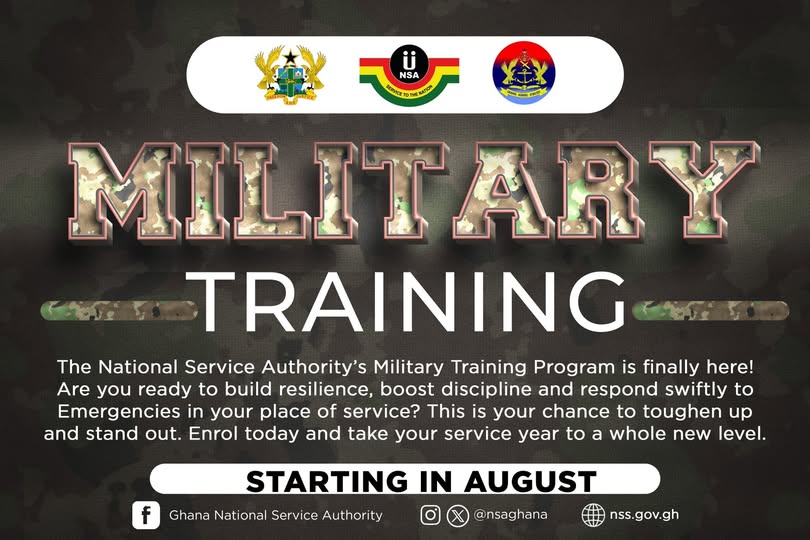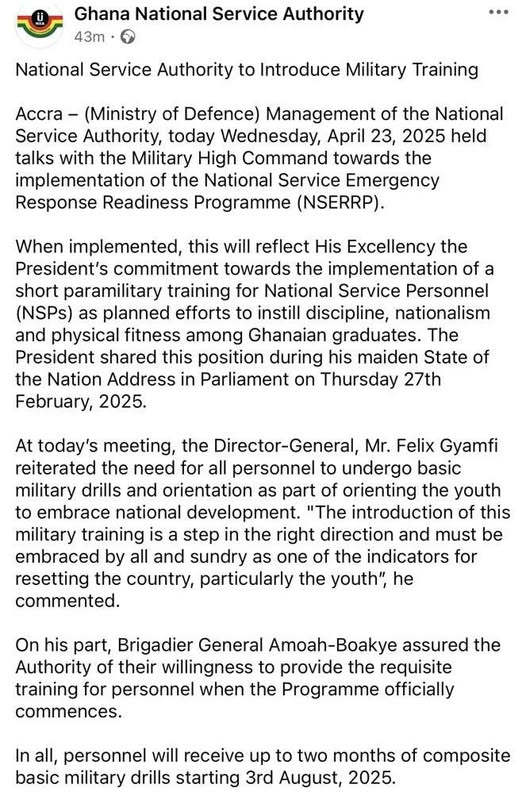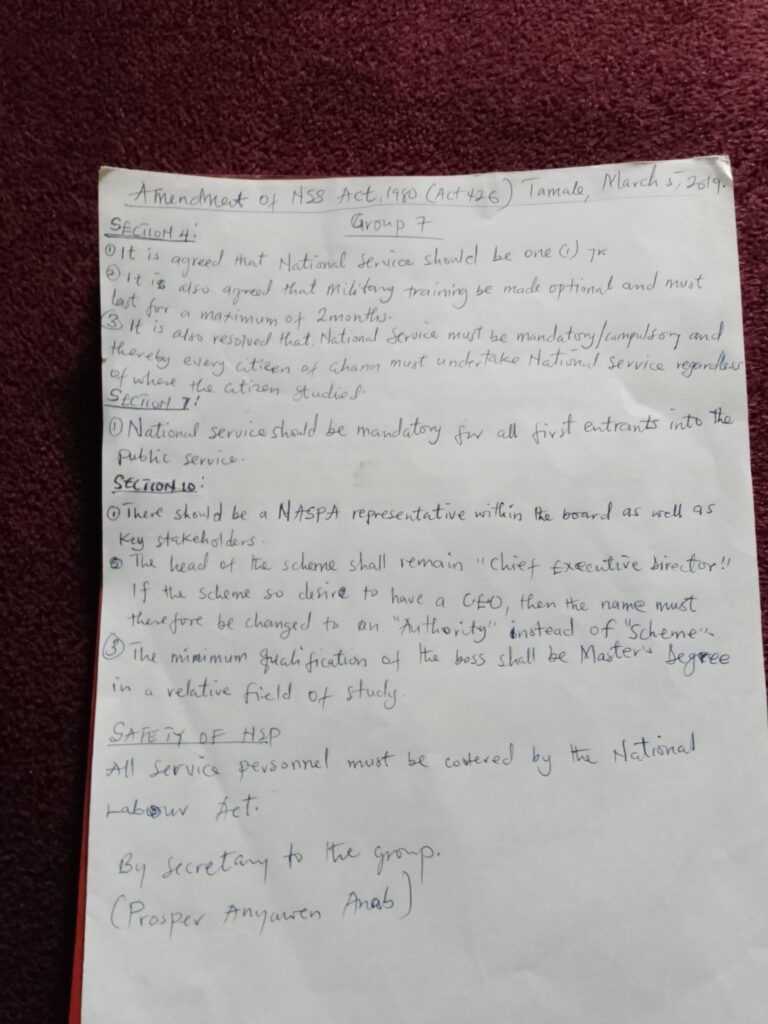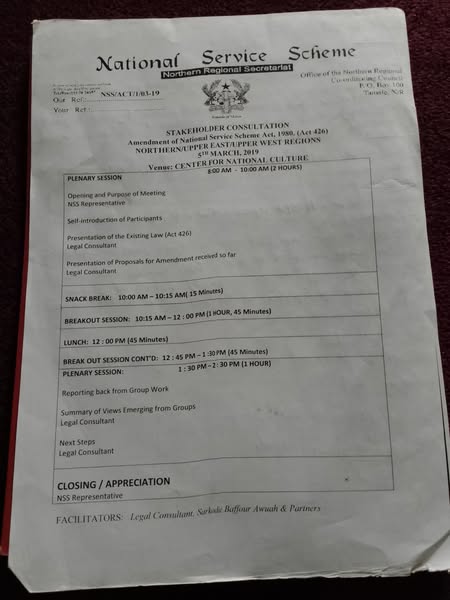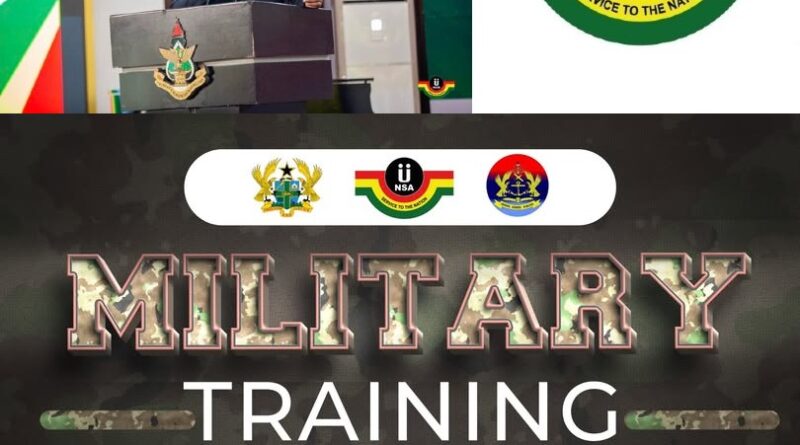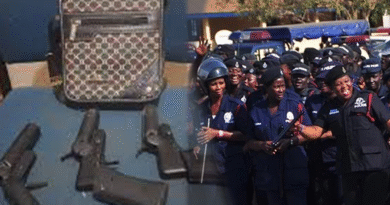National Service Military Training Launches New Era of Leadership and Patriotism in Ghana
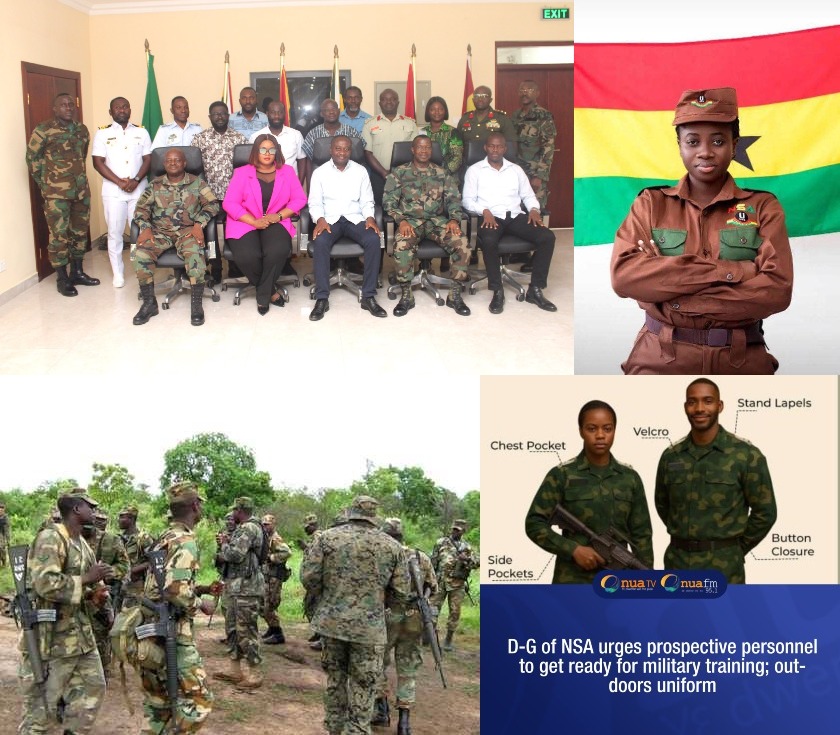
Firstly, national service military training kicks off August 31 with 10,000 young graduates ready for a bold, transformative journey.
Then, the National Service Authority (NSA) confirmed this launch marks the pilot phase of a new voluntary orientation programme.
Next, the training lasts six weeks and aims to shape civic responsibility, patriotism, and national discipline among participants.
Previously, the initiative was introduced in June 2025 during the unveiling of Ghana’s new national service strategy.
Meanwhile, the programme aligns with the National Service Act, 2024 (Act 1119), now guiding service structure and development.
Accordingly, Youth Development Minister George Opare Addo addressed the media on August 4 during the Government Accountability Series.
He emphasized leadership, resilience, and responsibility—not militarization—as the core pillars of this new direction.
Therefore, this policy builds strong citizens, not soldiers.
Simultaneously, NSA continues collaborating with the Ghana Armed Forces to deliver structured and impactful training content.
Together, these institutions hope to inspire young graduates with values of courage, service, and nation-building.
Initially, two cohorts of 10,000 each will experience the full programme.
Later, future phases could scale up to reach over 100,000 service personnel nationwide.
Afterward, participants will be posted to their respective service institutions following successful completion of the training.
Fortunately, the NSA confirmed that taking part will not disrupt or delay existing national service placements.
Instead, those enrolled will receive final posting instructions after finishing the orientation.
Moreover, registration for this training occurred during the standard national service enrolment process.
Specifically, the voluntary sign-up was embedded in the online system between June 17 and July 1.
As a result, all participants opted in willingly, reflecting growing interest among youth for structured national engagement.
Because the programme remains optional, those not selected will proceed with normal service procedures.
Meanwhile, officials believe this programme could serve as a major shift in youth leadership development across Ghana.
By emphasizing structure and patriotism, the NSA hopes to create lifelong ambassadors of discipline and national purpose.
Additionally, the military partnership ensures that training remains professional, safe, and growth-oriented.
Hence, the initiative combines national pride with future-readiness.
Furthermore, the launch could inspire similar models in other civic sectors, such as education, public safety, or entrepreneurship.
Soon, conversations may expand beyond service roles to leadership pipelines that begin at the national service level.
Until then, the 10,000 volunteers stand as trailblazers for what could become Ghana’s most impactful youth movement.
So far, excitement builds among communities, families, and institutions supporting this vision.
Already, the programme has drawn praise for bridging education and national impact with fresh purpose.
Thus, young people in Ghana now have more than just an obligation—they have an opportunity to lead differently.
Therefore, those enrolled must show up with readiness, grit, and pride.
In conclusion, national service military training opens new doors to civic leadership, not just careers.
Because Ghana deserves prepared citizens, not passive ones.
Now is the time to embrace growth, accountability, and purpose.
Show up on August 31—and make your service count.
